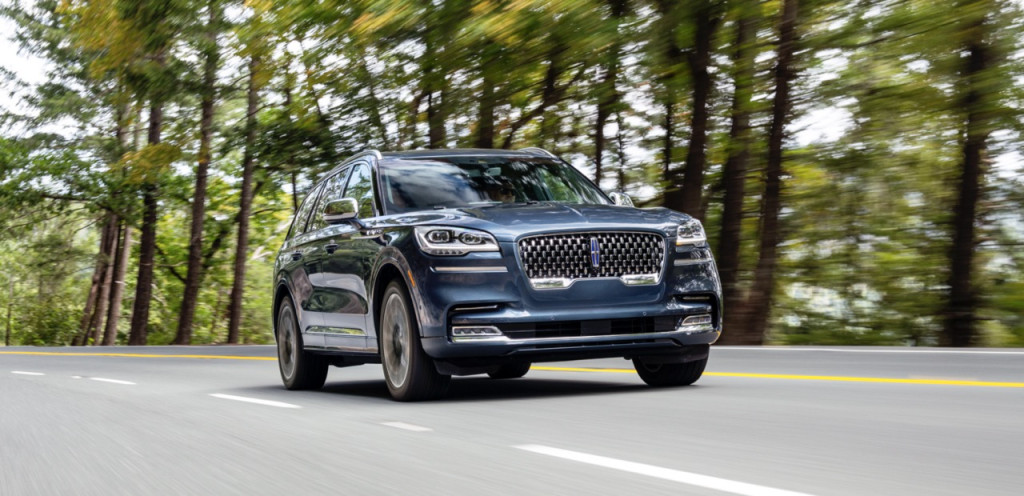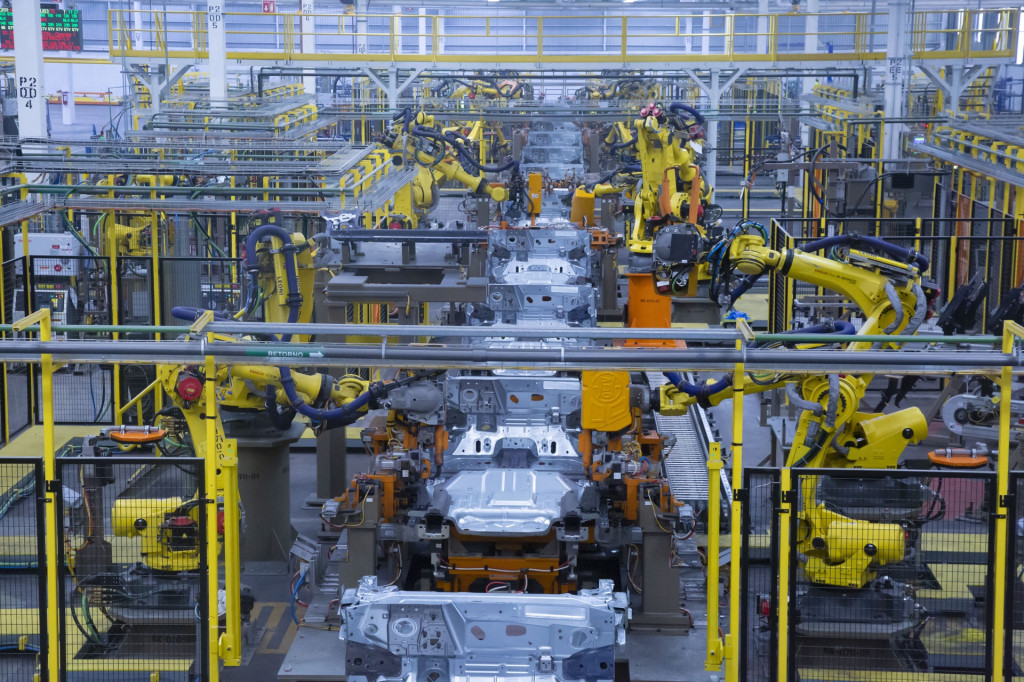Ford on Wednesday confirmed that the F-150 Lightning electric pickup truck and Lincoln Aviator Grand Touring plug-in hybrid SUV will be eligible for the full $7,500 federal tax credit going forward, while all of its other current EVs and plug-in hybrids will be eligible for smaller amounts.
Following the release of guidance from the U.S. Treasury Department on new tax-credit rules, Ford is among to the first automakers to verify and make public which vehicles make the cut for strict battery raw materials requirements. These requirements will see tax credits for many EVs—including some that are American-made—drop starting April 18.

2023 Lincoln Aviator
In a press release, Ford said both the F-150 Lightning and Aviator Grand Touring will still qualify for a $7,500 credit after April 18 (as before, plug-in hybrids can qualify for the same credit as EVs if their battery packs are large enough). The Ford Mustang Mach-E and E-Transit EVs, as well as the Ford Escape Plug-In Hybrid and Lincoln Corsair Grand Touring, will qualify for a $3,750 federal tax credit after April 18, according to Ford.
Customers who take delivery of a Ford EV before April 18 will qualify for a $7,500 tax credit, the automaker said. For those who take delivery after that date, the automaker noted that commercial customers can still get a credit of up to $7,500 for any of its EVs or plug-in hybrids. Whether it's individual consumers or commercial buyers, the tax credit will help offset some of the latest Lightning price hike, which raised the base price of the fleet-oriented Lightning Pro model to over $60,000.

Ford Mustang Mach-E assembly - Mexico
The global supply chain means other Ford vehicles don't get the same credit as the Lightning. Ford, for instance, sources its Mach-E battery cells from Poland, while the vehicle qualifies for American assembly as it's made in Mexico.
This complexity has made getting the most out of the tax credit legislation challenging, and it may hamper EV affordability. Some have argued that limiting the size of EV batteries in the policy would also have a positive effect, but it doesn't do that. Neither does it help, in the short term, the battery price surge driven by raw materials.












